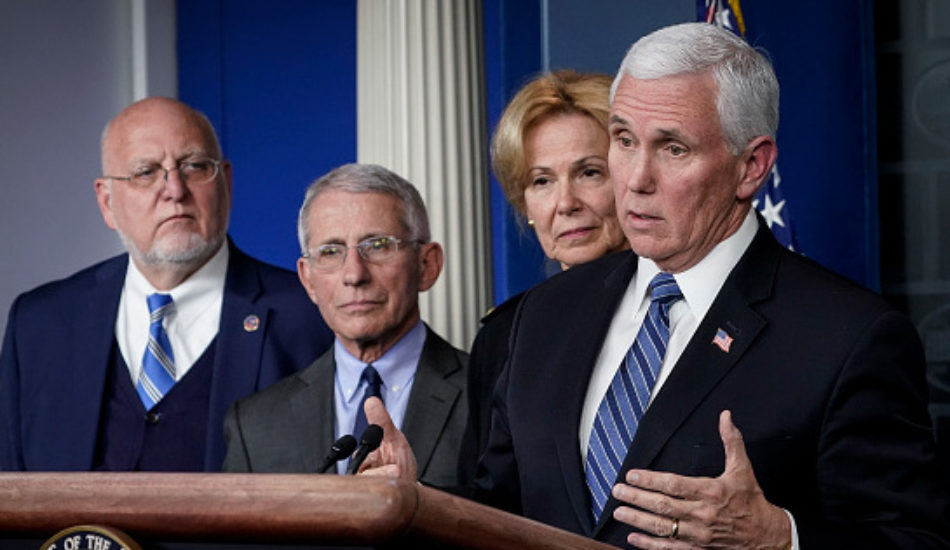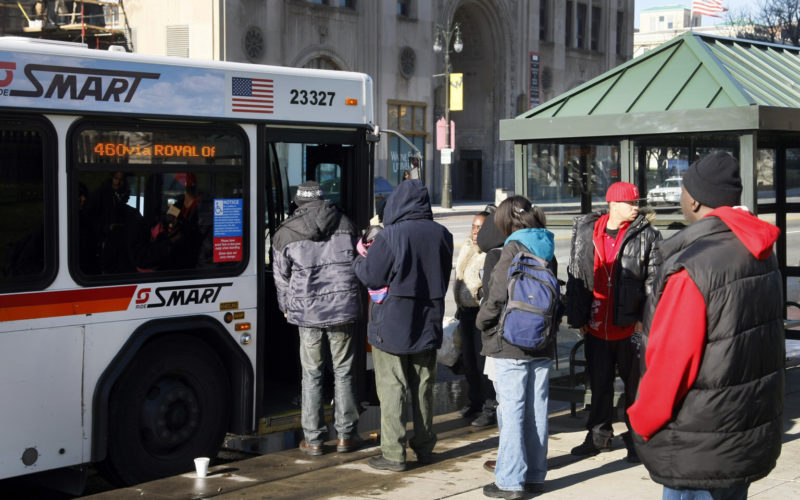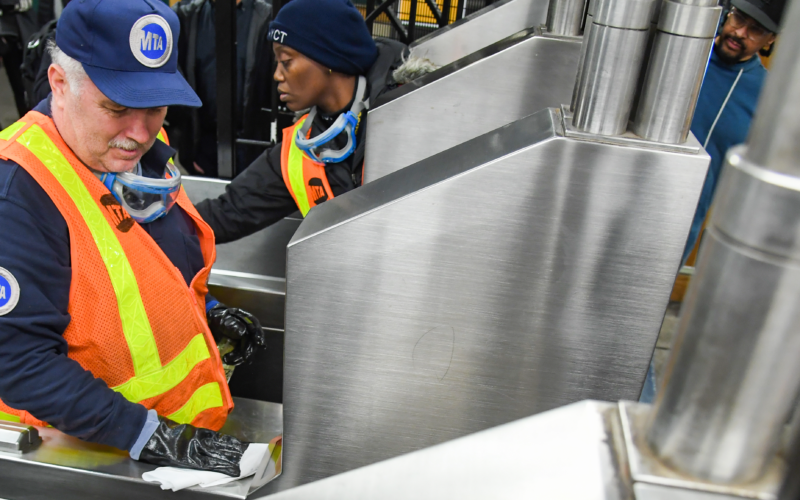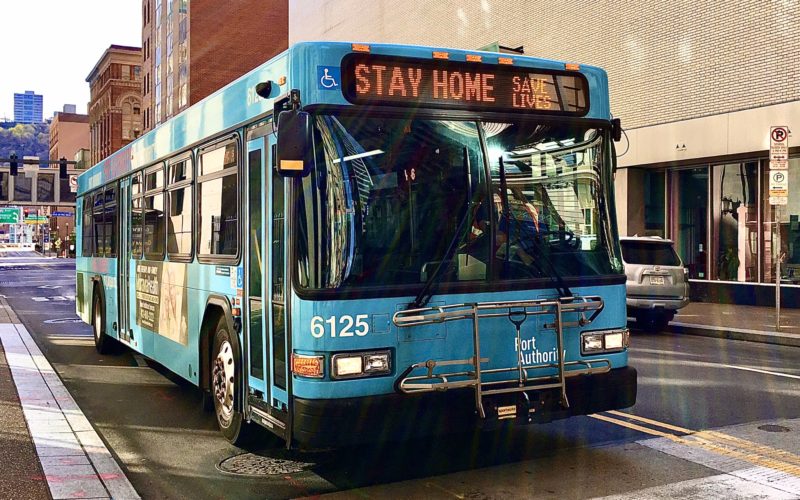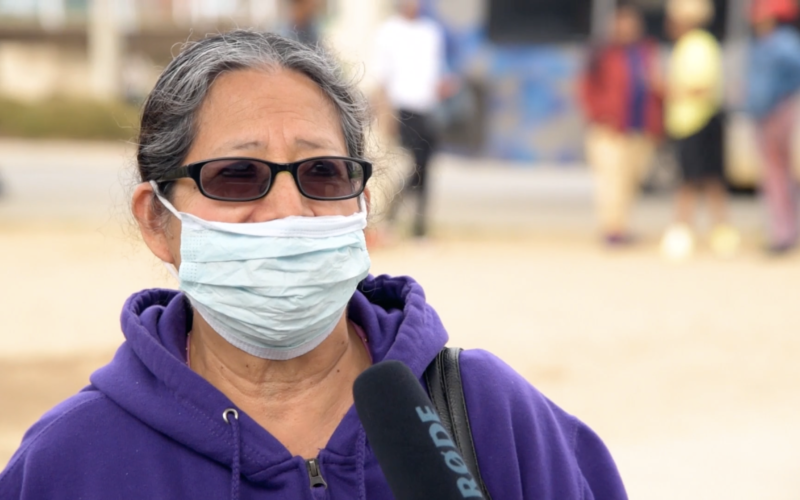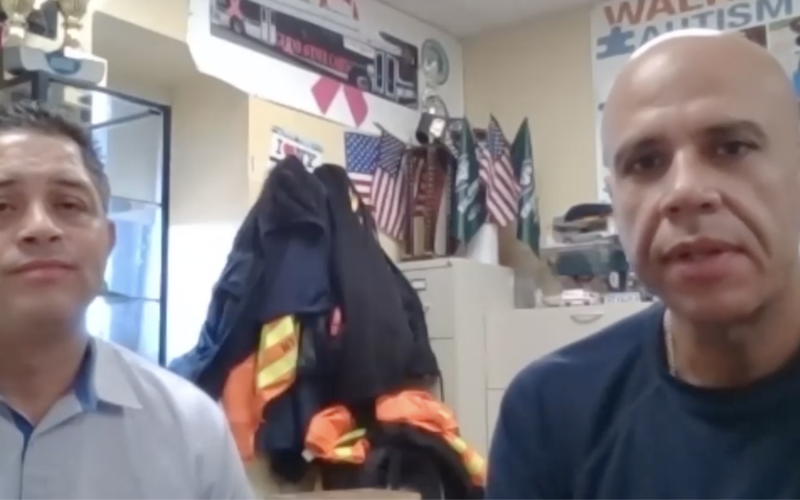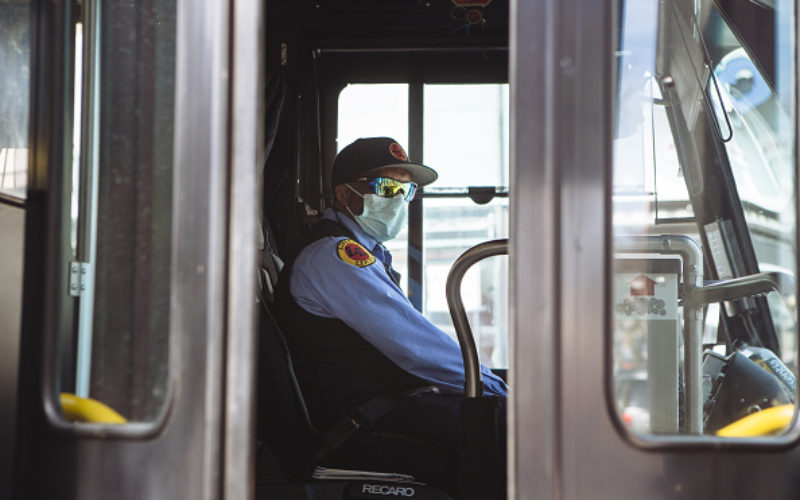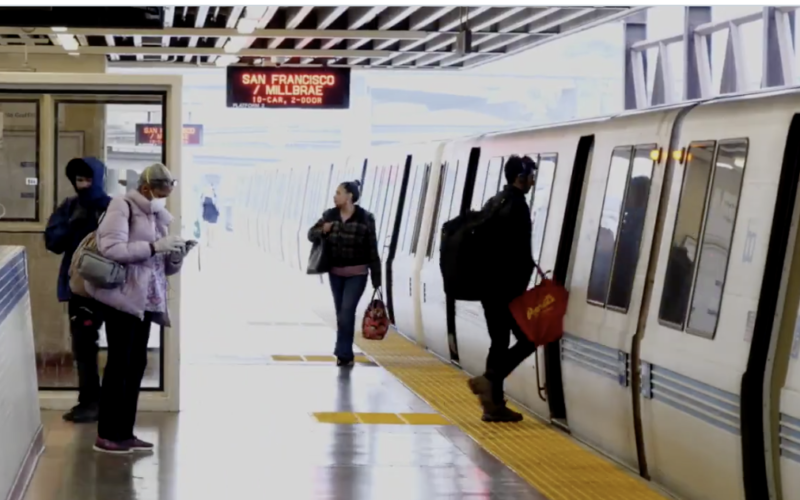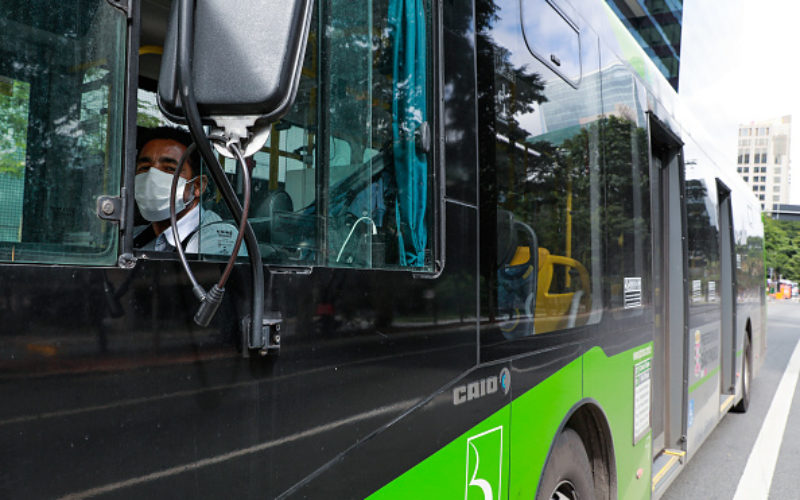Labor, business, and community advocates demand the White House and CDC supply better protective equipment and guidance to safeguard the transit workforce who ensure millions of other essential workers can provide Americans with medical care, food, and basic necessities.
Black people account for a high share of essential workers who typically commute on transit (29%) relative to non-essential transit commuters (19%). White people, meanwhile, comprise a smaller share of essential transit commuters (33%) than non-essential transit commuters (42%).
We estimate that over the next 12 months, the MTA faces an operating shortfall of $8-$11.5 billion. This means that, after stimulus funding from the CARES Act is taken into account, the MTA faces a shortfall of at least $4.4-$8.0 billion.
Pittsburgh's transit agency, Port Authority, has demonstrated a remarkable degree of flexibility since the COVID19 crisis began.
Read MoreAmong the many unsung heroes of this moment, transit advocates throughout the United States are mobilizing to win the transit resources to keep our cities running.
Read MoreBus operators enable essential mobility for hundreds of thousands of workers providing medical care, food, and other critical needs in New York during the COVID-19 emergency. Keeping bus operators safe keeps the whole city safe.
Read MoreTransit workers are at heightened risk as they transport nurses, doctors, and other essential workers. They must receive necessary protections to stay safe on the job.
Bay Area Rapid Transit's communications around COVID-19 have emerged as an invaluable resource for the media, riders, and elected leaders to learn about the crisis facing transit.
Bus and train operators, maintenance workers, crews disinfecting vehicles, and the entire transit workforce are bravely moving millions of essential workers in the United States. Transit agencies and government officials handling the pandemic response must ensure that proper measures are in place to protect transit workers.
Read More